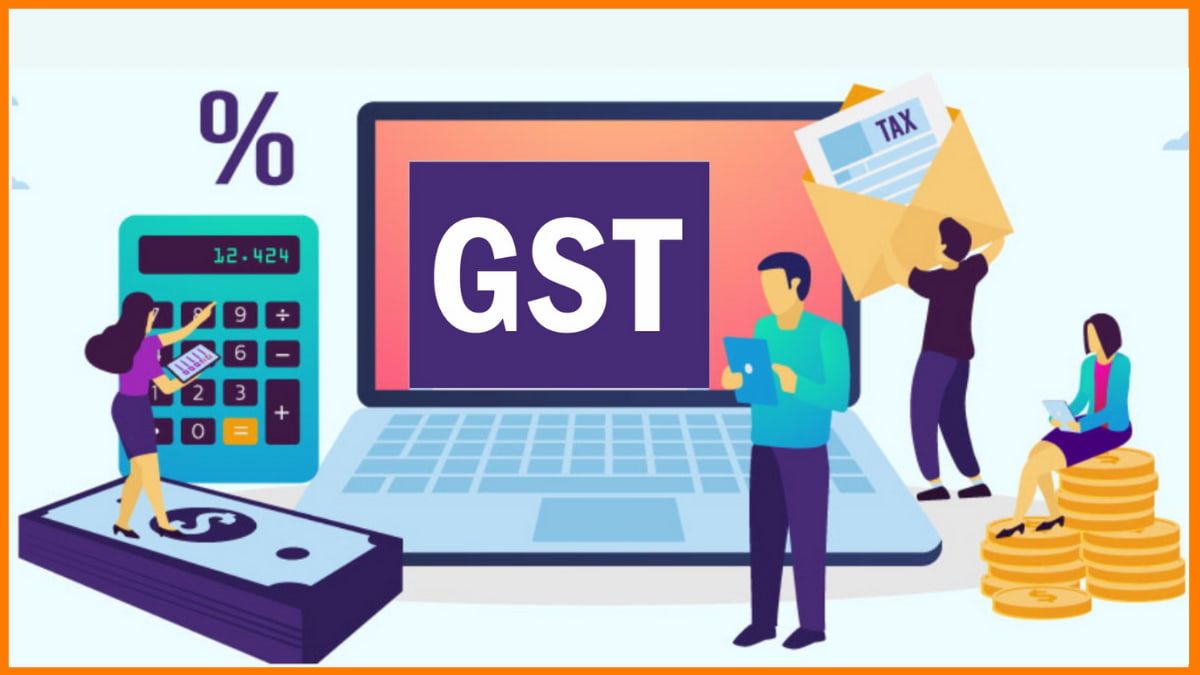Discovering Reputable and Reliable Best GST Registration Services in Singapore
Discovering Reputable and Reliable Best GST Registration Services in Singapore
Blog Article
Throughout: The Ultimate Roadmap to GST Registration for Organizations Seeking Financial Security
Browsing the complexities of Goods and Services Tax (GST) enrollment is a critical action for businesses aiming for economic stability. From recognizing the basic concepts of GST to abiding with post-registration guidelines, the procedure can appear intimidating at initial glimpse. Damaging down the roadmap right into convenient actions can improve the enrollment journey for companies looking to boost their monetary standing. Let's discover the necessary components that comprise this supreme roadmap and find how each phase adds to laying a strong foundation for financial success.
Recognizing GST Basics
Diving right into the fundamental principles of Product and Provider Tax (GST) is important for getting a comprehensive understanding of its effects on organizations and the economy. Input Tax Obligation Credit History (ITC) is a significant function of GST, enabling services to declare debt for tax obligations paid on inputs, reducing the overall tax worry. Comprehending the basics of GST is vital for organizations to conform with tax laws, handle their finances efficiently, and add to the country's financial growth by participating in a transparent tax obligation system.
Eligibility Standards for Registration
As of the present regulations, the threshold restriction for GST registration is a yearly aggregate turn over of 40 lakhs for businesses running within a state, other than for unique classification states where the limitation is 20 lakhs. In addition, specific companies are called for to register for GST regardless of their turnover, such as interstate suppliers, informal taxed persons, and businesses responsible to pay tax under the reverse charge mechanism. It is critical for companies to completely assess their turnover and purchase types to identify their GST registration commitments precisely.
Documents Needed for Registration
Having satisfied the qualification criteria for GST registration, organizations should currently ensure they have the requisite files in position to continue with the enrollment procedure efficiently. The records needed for GST registration typically include proof of service constitution, such as collaboration act, registration certificate, or incorporation certificate for various sorts of organizations. In addition, services need to supply records establishing the major business, such as a rental contract or power bill. Frying pan card of the organization, in addition to the identity and address proof of promoters/partners/directors, are important for verification functions. Financial institution account statements, along with terminated cheques or a copy of the bank passbook, are required to validate the financial details provided during registration. Moreover, services have to have electronic trademarks all set for the accredited signature. Guaranteeing all these files are organized and readily available will expedite the GST registration procedure, making it possible for businesses to abide by tax policies effortlessly.
Step-by-Step Enrollment Refine
Beginning the GST registration procedure involves a series of organized steps to make certain a compliant and smooth enrollment for businesses. The primary step is to visit the GST website and submit the registration type with exact details of business entity. Following this, the candidate obtains a Short-term Referral Number (TRN) which is used to return to the application process if it's not completed in one go.
Next, all needed records based on the checklist offered by the GST portal requirement to be posted. These documents usually consist of evidence of company identification, registration and address proofs of promoters, economic declarations, and business entity's frying pan card.

Post-Registration Compliance Standards

Conclusion
Finally, organizations looking for financial stability must understand the essentials of GST, fulfill qualification standards, gather essential files, comply with the step-by-step enrollment procedure, and follow post-registration standards - Best GST registration services in Singapore. By sticking to these steps, businesses can make certain conformity with tax policies and maintain economic stability over time
Furthermore, certain companies are required to sign up for GST regardless of their turnover, such as interstate providers, casual taxed individuals, and companies liable to pay tax obligation under the reverse fee mechanism.Having fulfilled the qualification requirements for GST registration, organizations must now ensure they have the requisite files in place to proceed with the enrollment procedure successfully. The records needed for GST enrollment generally consist of evidence of organization constitution, such as collaboration action, registration certification, or incorporation certificate for various types of companies. Furthermore, businesses require to provide papers developing the principal area of business, such as a rental contract or electrical power costs.Commencing the GST enrollment procedure includes a get more collection of structured actions linked here to make sure a compliant and seamless registration for organizations.
Report this page